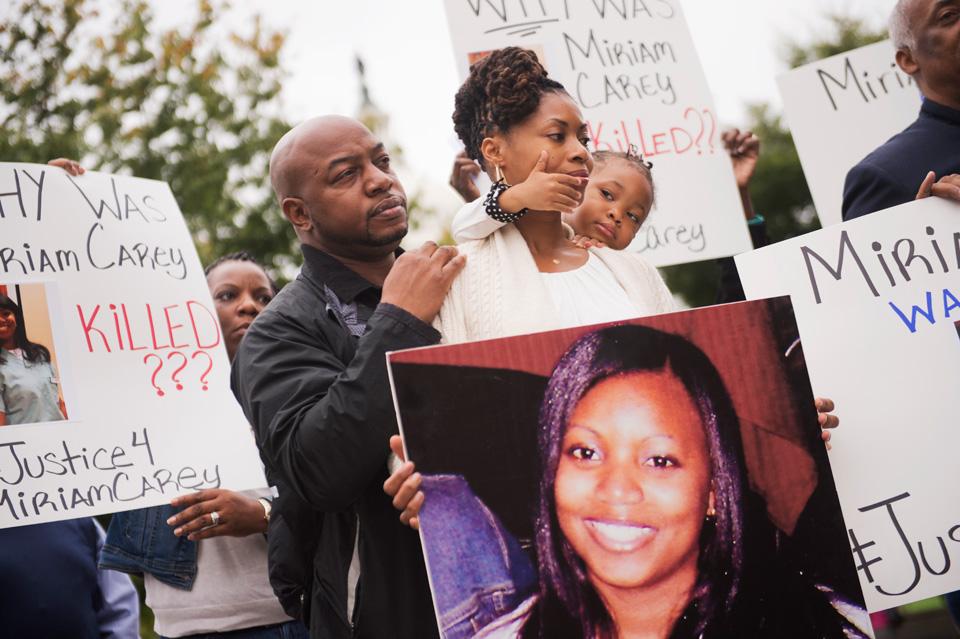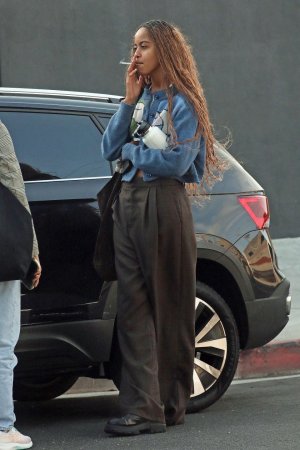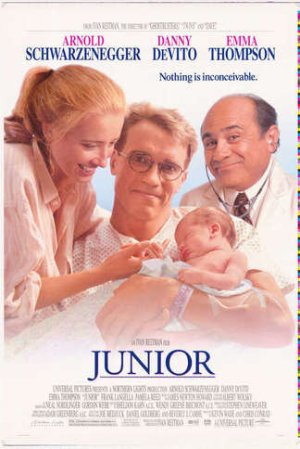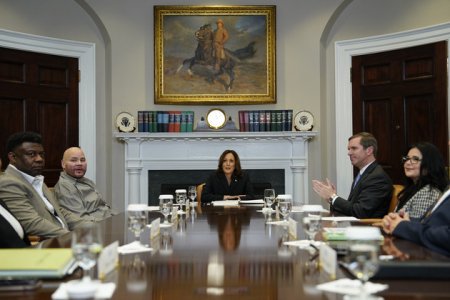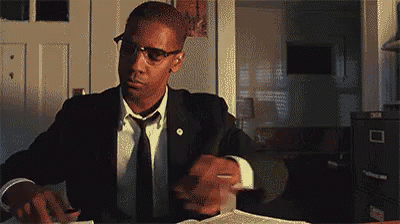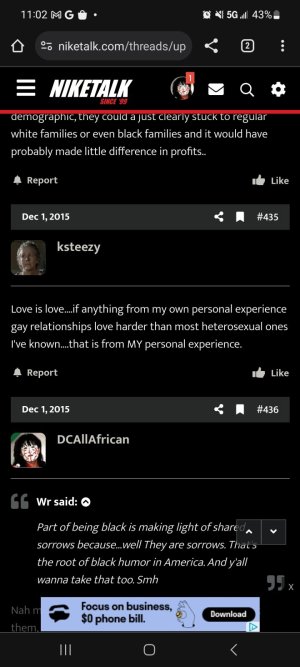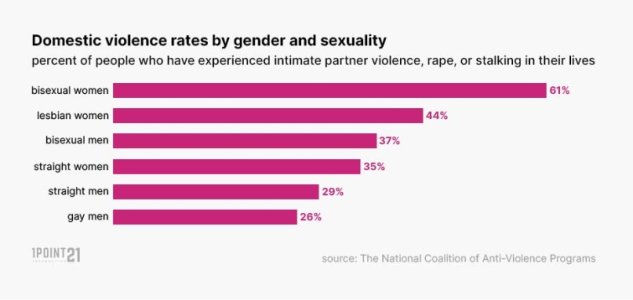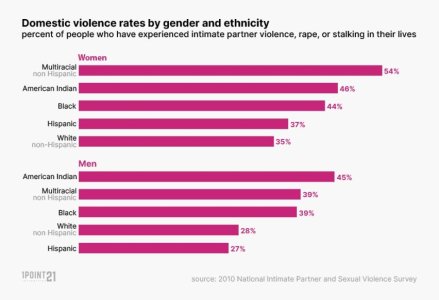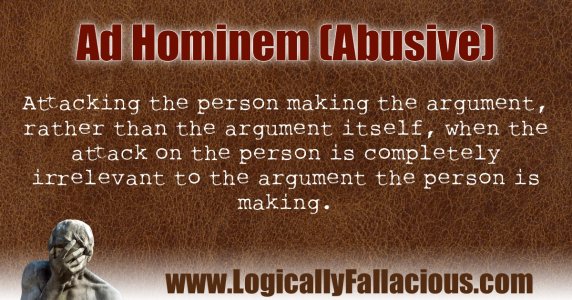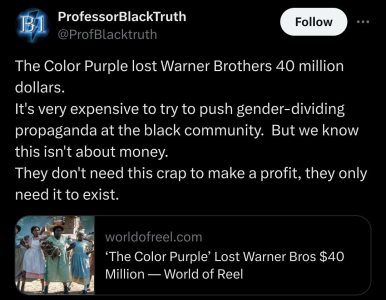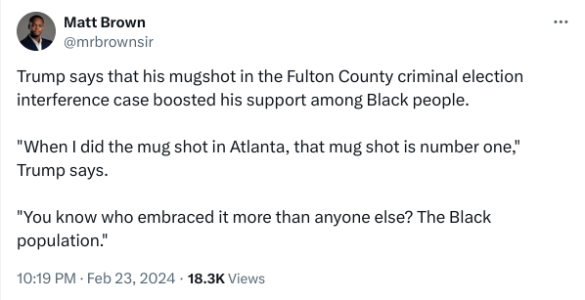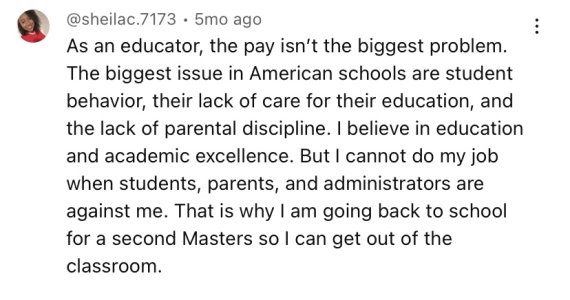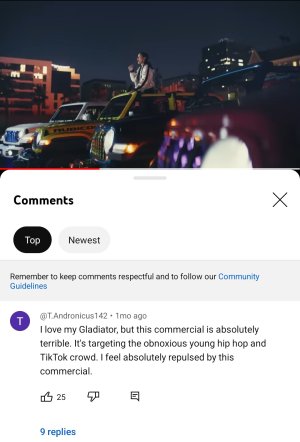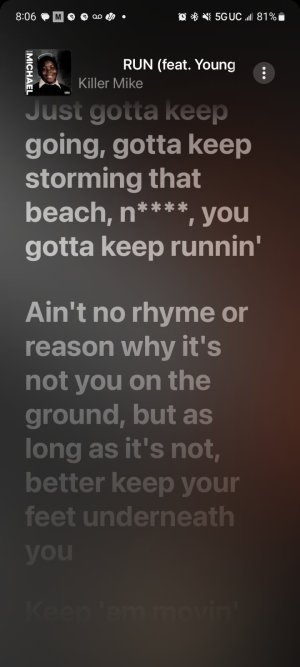- 11,267
- 5,443
- Joined
- Jul 27, 2013
I don't like the type of attention we give to celebrities either, to say worshipping might be a bit much thoWhat role does the worshipping of black entertainers by the black community have on the upward social mobility of black culture?
And what do the many talking points behind the economics discussion have on black culture?
These aren't loaded questions. Legit am just asking for opinions on these things.
I think that we've got to do a better job of ignoring the clowns and stop supporting the notion that there opinions matter
And economics are essential for survival, if you don't have that support then you don't really have much. Group support is key for every culture, and as we become more individualistic we lose that

